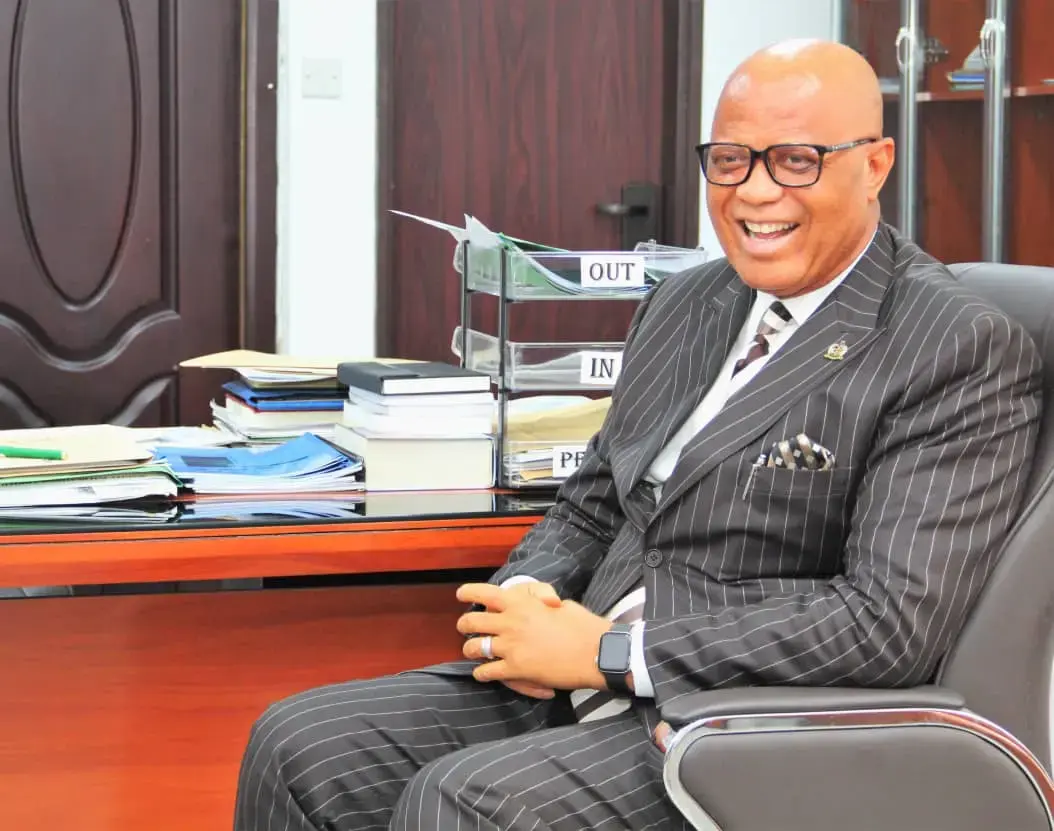There are no products in your shopping cart.
| 0 Items | £0.00 |


GOVERNOR Umo Eno of Akwa Ibom State has complained about the fact that he is being distracted from getting on with the job at hand by too many unscheduled visits from politicians dropping in to see him.
On May 29, Governor Eno was one of the new chief executives sworn-in, becoming the fifth elected governor of Akwa Ibom State. Speaking over the weekend at a monthly prayer meeting at the chapel inside Government House, Uyo, Governor Eno said he was learning to manage the frequent visits to his office but appealed to politicians to give him some space to do the job he was elected to do.
Governor Eno said: “I will not go to anybody’s office without an appointment. I find it amusing that people would just leave their home and just show up and they will call you that they have not been allowed to pass through the Government House gate.
“I will only receive visitors on Thursdays and Fridays. I beg us, between Monday, Tuesday, and Wednesday, I will not receive visitors to allow me time to do the job that you have elected me to do because no one would ask how many visitors I received at the end of four years. Some people would say we have just elected you and he is locking us out but please, that is not the issue.
His audience laughed out loud when the governor told them that he could hear the conversations taking place between visitors and the security staff at the Government House gate. It appears that the governors' delay in appointing commissioners and making other appointments may have contributed to the problem, as some politicians who were involved in his election are anxious to push through their political interests via appointments.
Akwa Ibom, an oil-rich state, is one of the richest in Nigeria but it is among the top states with high unemployment rates in the country, according to data from the National Bureau of Statistics (NBS). Akwa Ibom is ranked 27th on the national poverty rate ladder released by the NBS in 2019 and many elites in the state depend on government handouts for their economic and political survival.